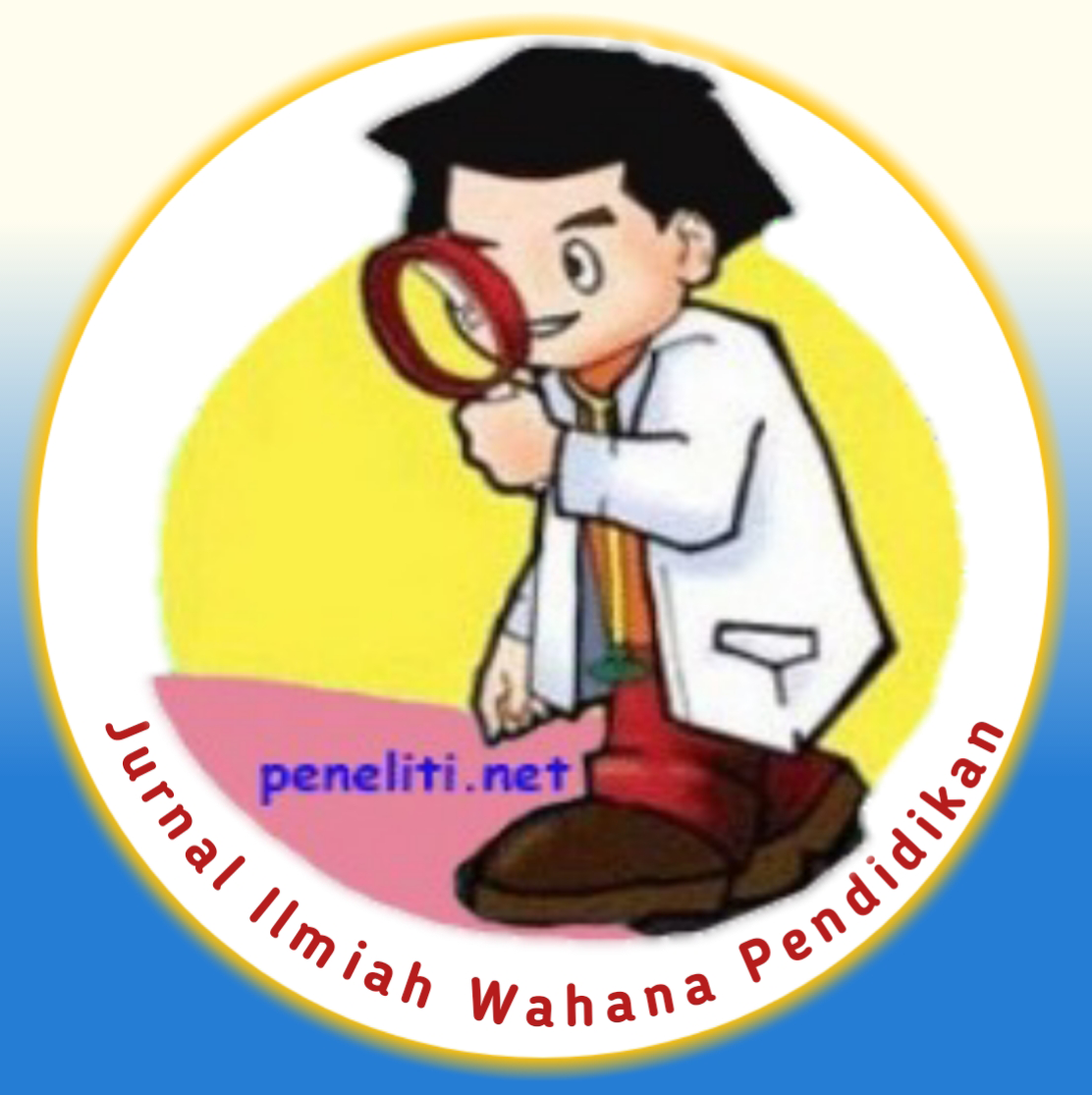Relevance of Islamic Political Thought According to Al-Mawardi in Indonesia
Abstract
This article aims to analyze the relevance of Islamic political thought according to Al-Mawardi in Indonesia. Topic is important and interesting, because Al-Mawardi is one of the figures who are experts in the field of fiqh, especially those directly related to fiqh siyasi and is a figure who has a very large influence on Islamic political thought. Research method used is the literature review method, in which sources and data are obtained from the Goggle Scholar, SINTA, and Publish or Perish databases. In this method, researcher uses a descriptive qualitative approach, in which this method utilizes qualitative data and is described descriptively. Data collection technique uses literature review techniques carried out by researchers to collect valid, complete, and relevant information related to the topic of the problem which is the object of research. Data analysis technique used a literature review analysis technique, in which this research was conducted by reading literary sources to obtain the necessary data. The author finds that, connection with "al-Ahkam as-Sulthaniyah" has provided views related to political theories which are still relevant and used by Muslims in managing various issues directly related to politics and state administration, in addition to thoughts Al-Mawardi's Islamic politics when it was later poured into the work "al-Ahkam al-Sulthaniyyah" and became a basic concept for the development of political thought and its application in the modern era including in Indonesia today, and its application in Indonesia can be seen in Al-Mawardi's related theory with a social contract that explains the relationship between "al-Halli wal-Aqdi and ahl-Imamah, so that this concept is then embodied and developed in the government system in Indonesia into 3 institutions, namely the executive, legislative and judicial bodies.
References
Aini, D., Farhaini, A., & Putra, B. K. (2023). Community Participation in Improving Health in Remote Areas: A Literature Review. International Journal of Education, Information Technology and Others (IJEIT), 6(2), 27–43. https://doi.org/https://doi.org/10.5281/zenodo.7798056
Al-Maududi, A. A. (1995a). Hukum dan Konstitusi Sistem Politik Islam, Terj. Asep Hikmat, The Islamic Law and Constitution. Bandung: Mizan.
Al-Maududi, A. A. (1995b). Hukum dan Konstitusi Sistem Politik Islam. Bandung: Mizan.
Arikunto, S. (2013). Prosedur Penelitian: Suatu Pendekatan Praktik. Jakarta: Rineka Cipta.
Azhar, M. (1997). Filsafat Politik (Perbandingan Antara Islam dan Barat). Jakarta: PT. Raja Grafindo Persada.
Farhaini, A., Putra, B. K., & Aini, D. (2022). Reformasi Birokrasi dalam Pelayanan Publik Melalui Aplikasi Halodoc di Kota Mataram. Professional: Jurnal Komunikasi Dan Administrasi Publik, 9(1), 71–82. https://doi.org/https://doi.org/10.37676/professional.v9i1.2416
Harun, N. (1979). Islam Ditinjau dari Aspeknya. Jakarta: UI-Press.
Hitti, P. K. (2006). History of the Arabs, terj. R. Cecep Lukman Yasin, dkk., History of the Arabs; From the Earliest Times to the Present. Jakarta: PT Serambi Ilmu Semesta.
Musdah, M. (2010a). Negara Islam. Depok: Kata Kita.
Musdah, M. (2010b). Negara Islam. Depok: Kata Kita.
Nazir, M. (2014). Metode Penelitian. Jakarta: Ghalia Indonesia.
Pulungan, J. S. (1995a). Fiqh Siyasah: Ajaran, Sejarah, dan Pemikiran. Jakarta: PT Raja Grafindo Persada.
Pulungan, J. S. (1995b). Fiqh Siyasah: Ajaran, Sejarah, dan Pemikiran. Jakarta: PT Raja Grafindo Persada.
Putra, B. K. (2022). Kontribusi Negara dan Masyarakat dalam Proses Demokratisasi di Indonesia. Jurnal Ilmiah Publika, 10(1), 53–64. https://doi.org/http://dx.doi.org/10.33603/publika.v10i1.7091
Putra, B. K., Dewi, R. M., Fadilah, Y. H., & Roziqin, A. (2021). REFORMASI BIROKRASI DALAM PELAYANAN PUBLIK MELALUI MOBILE JKN DI KOTA MALANG. Jurnal Ilmiah Publika, 9(1), 1–13. https://doi.org/http://dx.doi.org/10.33603/publika.v9i1.5325
Putra, B. K., & Dhanuarta, C. B. (2021). Transformation of Public Services Through Electronic-Based Government System in Malang City. International Journal of Education, Information Technology and Others (IJEIT), 4(3), 452–459. https://doi.org/10.5281/zenodo.5205295
Putra, B. K., & Hadi, K. (2022). State and Community Participation in the Democratization Process in Indonesia. International Journal of Education, Information Technology, and Others (IJEIT), 5(5), 28–40. https://doi.org/https://doi.org/10.5281/zenodo.7414335
Putra, B. K., & Hijri, Y. S. (2022). Participation of the State and Civil Society in the Democracy System in Indonesia. Jurnal Ilmiah Wahana Pendidikan, 8(24), 235–247. https://doi.org/https://doi.org/10.5281/zenodo.7486365
Putra, B. K., & Salahudin, S. (2022). Analysis of Challenges and Potential of the Village Economy Towards Competitive Village Development. Publik (Jurnal Ilmu Administrasi), 11(1), 45–61. https://doi.org/http://dx.doi.org/10.31314/pjia.11.1.45-60.2022
Putra, B. K., & Sihidi, I. T. (2022). Keterlibatan Negara dan Masyarakat Sipil Dalam Proses Menuju Demokratisasi di Indonesia. Hukum Responsif, 13(2), 69–80. https://doi.org/http://dx.doi.org/10.33603/responsif.v13i2.7360
Rosihon, A. (2010). Filsafat Politik Antara Barat dan Islam. Bandung: CV Pustaka Setia.
Rusdi, M. A. (2017). Maslahat Sebagai Metode Ijtihad dan Tujuan Utama Hukum Islam. DIKTUM: Jurnal Syariah Dan Hukum, 15(2), 151–168.
Sa’adawisna, D., & Putra, B. K. (2022). The Effect of the Establishment of a New Autonomous Region on Electoral District Regulations in the 2024 General Election. Jurnal Ilmiah Wahana Pendidikan, 8(20), 484–493. https://doi.org/https://doi.org/10.5281/zenodo.7269113
Sa’adawisna, D., & Putra, B. K. (2023). POLITICAL EDUCATION TO INCREASE BEGINNER VOTER PARTICIPATION IN THE 2019 GENERAL ELECTIONS. Awang Long Law Review, 5(2), 419–431. https://doi.org/https://doi.org/10.56301/awl.v5i2.716
Wahidah, N., Isro’ullaili, I., & Putra, B. K. (2023). The School Literacy Movement (GLS) and Student’s Interest in Reading at SDN 3 Suka Makmur. Jurnal Ilmiah Wahana Pendidikan, 9(7), 559–564. https://doi.org/https://doi.org/10.5281/zenodo.7826963




